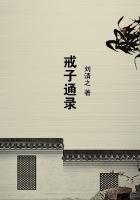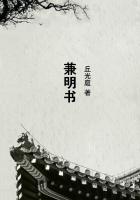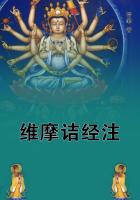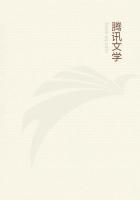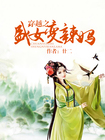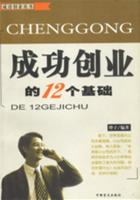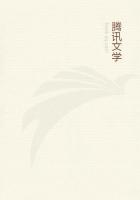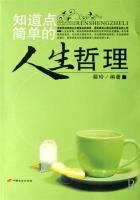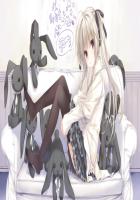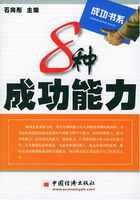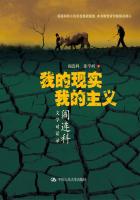in appearance (for all things that are characterized by contact and not, by organic unity are matter and substratum, e.g. fire, flesh, head; for these are all matter, and the last matter is the matter of that which is in the full sense substance); the nature, which is a 'this' or positive state towards which movement takes place; and again, thirdly, the particular substance which is composed of these two, e.g. Socrates or Callias. Now in some cases the 'this' does not exist apart from the composite substance, e.g. the form of house does not so exist, unless the art of building exists apart (nor is there generation and destruction of these forms, but it is in another way that the house apart from its matter, and health, and all ideals of art, exist and do not exist); but if the 'this' exists apart from the concrete thing, it is only in the case of natural objects. And so Plato was not far wrong when he said that there are as many Forms as there are kinds of natural object (if there are Forms distinct from the things of this earth). The moving causes exist as things preceding the effects, but causes in the sense of definitions are simultaneous with their effects. For when a man is healthy, then health also exists; and the shape of a bronze sphere exists at the same time as the bronze sphere. (But we must examine whether any form also survives afterwards. For in some cases there is nothing to prevent this; e.g. the soul may be of this sort-not all soul but the reason; for presumably it is impossible that all soul should survive.)Evidently then there is no necessity, on this ground at least, for the existence of the Ideas. For man is begotten by man, a given man by an individual father; and similarly in the arts; for the medical art is the formal cause of health.
4
The causes and the principles of different things are in a sense different, but in a sense, if one speaks universally and analogically, they are the same for all. For one might raise the question whether the principles and elements are different or the same for substances and for relative terms, and similarly in the case of each of the categories. But it would be paradoxical if they were the same for all.
For then from the same elements will proceed relative terms and substances. What then will this common element be? For (1) (a) there is nothing common to and distinct from substance and the other categories, viz. those which are predicated; but an element is prior to the things of which it is an element. But again (b) substance is not an element in relative terms, nor is any of these an element in substance. Further, (2) how can all things have the same elements? For none of the elements can be the same as that which is composed of elements, e.g. b or a cannot be the same as ba. (None, therefore, of the intelligibles, e.g. being or unity, is an element; for these are predicable of each of the compounds as well.) None of the elements, then, will be either a substance or a relative term; but it must be one or other. All things, then, have not the same elements.
Or, as we are wont to put it, in a sense they have and in a sense they have not; e.g. perhaps the elements of perceptible bodies are, as form, the hot, and in another sense the cold, which is the privation; and, as matter, that which directly and of itself potentially has these attributes; and substances comprise both these and the things composed of these, of which these are the principles, or any unity which is produced out of the hot and the cold, e.g. flesh or bone; for the product must be different from the elements. These things then have the same elements and principles (though specifically different things have specifically different elements); but all things have not the same elements in this sense, but only analogically;i.e. one might say that there are three principles-the form, the privation, and the matter. But each of these is different for each class; e.g. in colour they are white, black, and surface, and in day and night they are light, darkness, and air.
Since not only the elements present in a thing are causes, but also something external, i.e. the moving cause, clearly while 'principle' and 'element' are different both are causes, and 'principle' is divided into these two kinds; and that which acts as producing movement or rest is a principle and a substance. Therefore analogically there are three elements, and four causes and principles;but the elements are different in different things, and the proximate moving cause is different for different things. Health, disease, body; the moving cause is the medical art. Form, disorder of a particular kind, bricks; the moving cause is the building art.
And since the moving cause in the case of natural things is-for man, for instance, man, and in the products of thought the form or its contrary, there will be in a sense three causes, while in a sense there are four. For the medical art is in some sense health, and the building art is the form of the house, and man begets man; further, besides these there is that which as first of all things moves all things.
5
Some things can exist apart and some cannot, and it is the former that are substances. And therefore all things have the same causes, because, without substances, modifications and movements do not exist. Further, these causes will probably be soul and body, or reason and desire and body.

